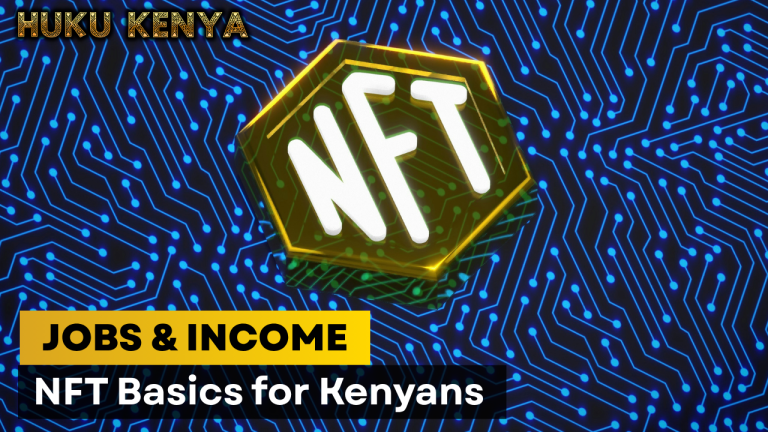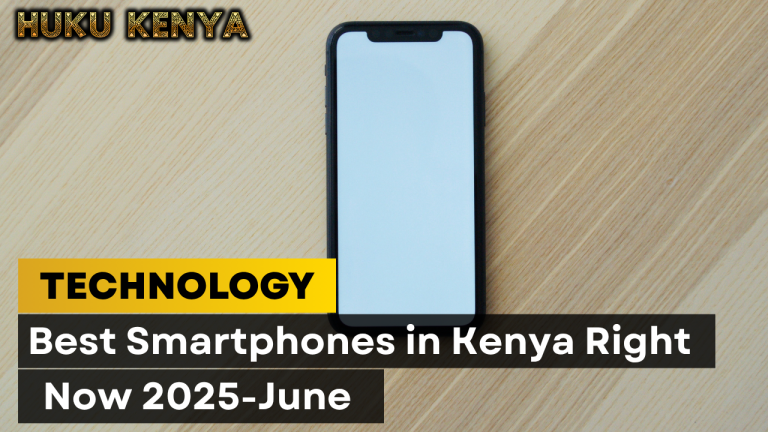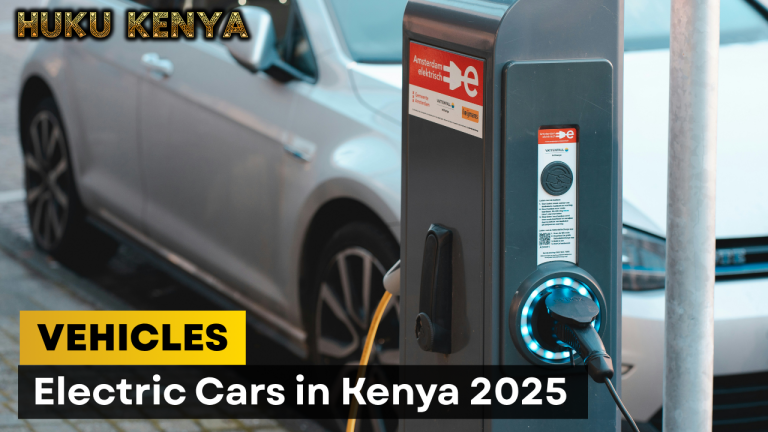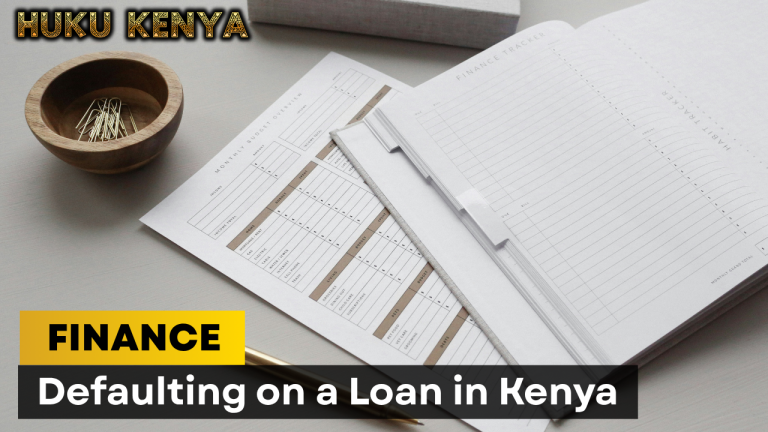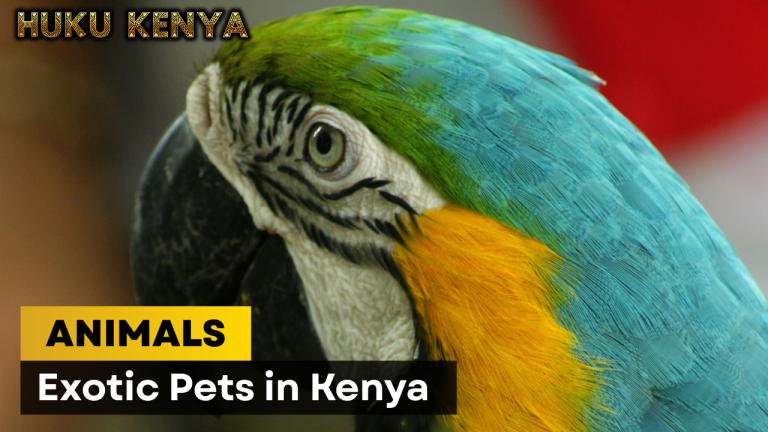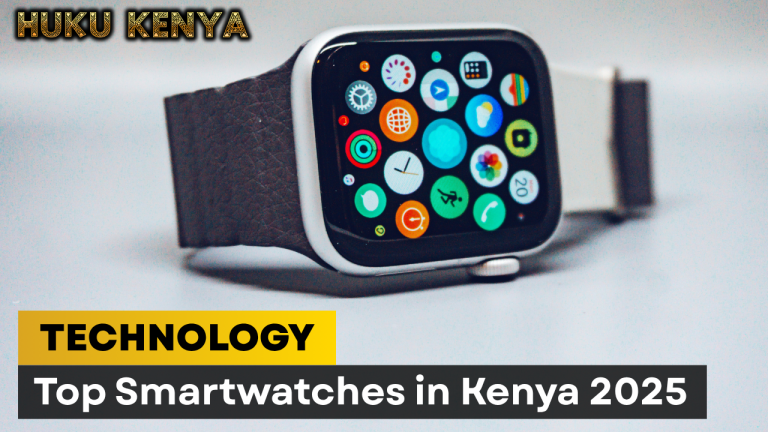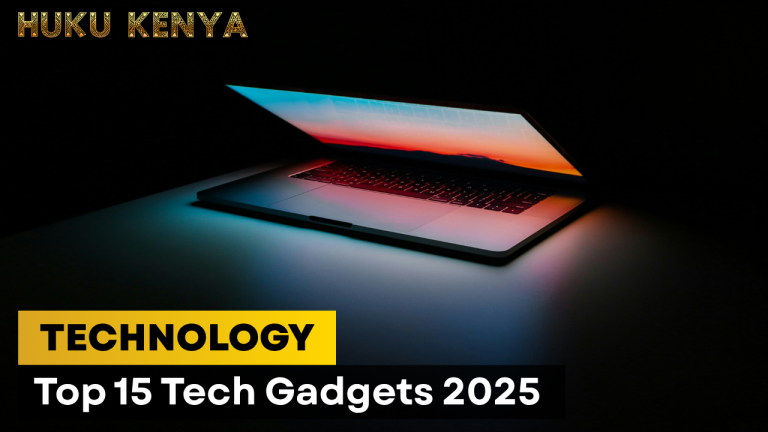
Data Centres, Student Housing, and Farmland
Kenya’s high-net-worth individuals (HNWIs) are rewriting the investment playbook in 2025. According to the Knight Frank Wealth Report: Kenya Edition, the country’s wealthy are shifting away from luxury consumption and foreign property holdings, opting instead for revenue-generating domestic assets that promise resilience and long-term growth.
This article explores the top investment trends among Kenya’s elite, what’s driving the change, and what it means for the broader economy.
1. Data Centres & Digital Infrastructure
Why It’s Hot:
- Rising demand for cloud services, fintech platforms, and e-commerce
- Government incentives for tech parks and digital hubs
- Strategic partnerships with global tech firms
Investment Moves:
- HNWIs are backing data centre developments in Nairobi and Mombasa
- Focus on energy-efficient builds and ESG-compliant assets
Risk Factors:
- High capital requirements
- Regulatory hurdles around data privacy and energy sourcing
2. Student Housing & Urban Rentals
Why It’s Hot:
- Explosive growth in tertiary education and TVET enrollment
- Chronic shortage of safe, affordable student accommodation
- Strong rental yields in university towns like Eldoret, Kisumu, and Nairobi
Investment Moves:
- Wealthy investors are funding purpose-built student housing projects
- Partnerships with developers like Qwetu and Qejani
Risk Factors:
- Zoning and licensing delays
- Tenant turnover and maintenance costs
3. Farmland & Agribusiness
Why It’s Hot:
- Global demand for Kenyan exports like avocado, macadamia, and coffee
- Climate-smart farming and insurtech models reducing risk
- Government subsidies and tax incentives for agribusiness
Investment Moves:
- HNWIs are acquiring productive farmland in Kiambu, Meru, and Laikipia
- Focus on value-added processing and export-oriented cooperatives
Risk Factors:
- Climate variability and land disputes
- Market access and post-harvest losses
4. Treasury Bonds & REITs
Why It’s Hot:
- Lower interest rates boosting bond attractiveness
- REITs offer passive income without direct property management
Investment Moves:
- Shift from overseas holdings to local fixed-income instruments
- Growing appetite for green bonds and infrastructure-linked securities
Risk Factors:
- Inflation and currency depreciation
- Regulatory delays in REIT approvals
5. Healthcare & Industrial Assets
Why It’s Hot:
- Rising demand for private healthcare and diagnostic centres
- Growth in logistics, warehousing, and light manufacturing
Investment Moves:
- HNWIs are funding private clinics, lab networks, and industrial parks
- Emphasis on impact investing and sustainability
Risk Factors:
- Licensing and operational complexity
- Long-term ROI timelines
What’s Driving the Shift?
- Global Uncertainty: Wealthy Kenyans are pulling back from foreign assets amid geopolitical and currency risks.
- Self-Made Wealth: A growing number of HNWIs are entrepreneurs focused on productive, scalable investments.
- Sustainability Focus: Investors are prioritizing energy efficiency, ESG compliance, and community impact.
- Generational Change: Younger HNWIs are less attached to legacy assets like luxury homes and more interested in dynamic sectors.
Final Thoughts
Kenya’s wealthy are no longer just landlords and luxury collectors—they’re becoming builders of resilient, revenue-generating ecosystems. From data centres to farmland, their investments reflect a strategic pivot toward local impact, long-term growth, and economic diversification.


